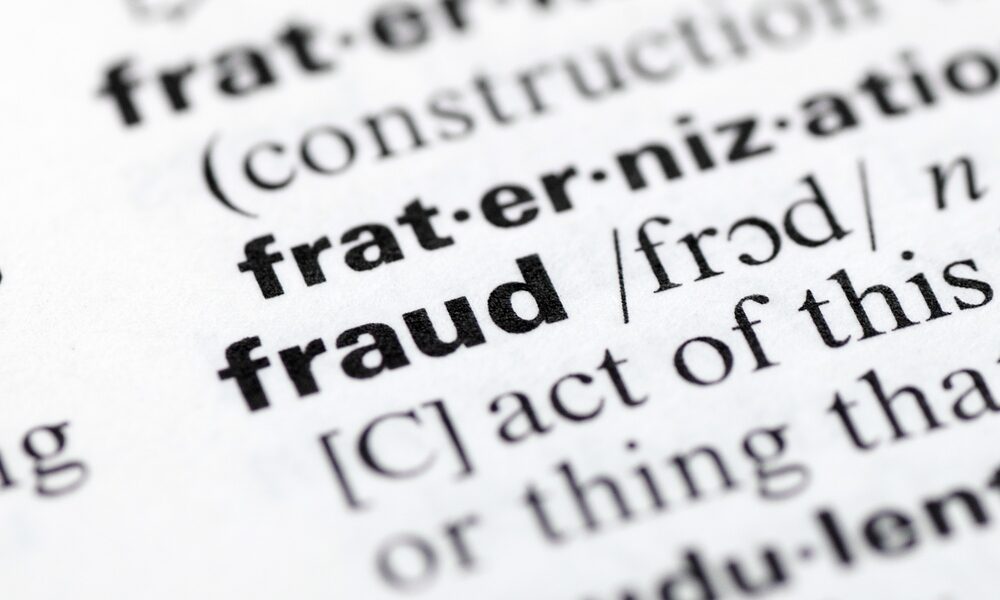
On 15 June 2022, the Foskett Panel announced fundamental changes to its approach to the Re-Review of D&C losses.
The key change is, unquestionably, the Panel’s decision to introduce a new, interim, “Victim Status Decision” (“VSD”) and give all individual customers the option to exit the Re-Review immediately, before any MTD, in exchange for a one-off, full and final, tax-free, D&C payment of £3 million if (and only if) the Panel finds that they were a victim of the IAR fraud.
To date, the Panel has sought to decide the issue of victim status in the round as part of its initial, two stage, process alongside the two other core issues that it has been set up to investigate, namely “causation” (i.e. was there a “link” between the IAR fraud on the business and its demise?) and “quantum” (what types and amounts of losses flowed from that fraud?).
However, the Panel has recognised that the task of determining all three issues is taking far too long, not least because the issues of causation and loss are particularly complicated and fact-sensitive in fraud cases. Accordingly, it has decided, with LBG’s agreement, to effectively short-circuit the current process by introducing an initial, speeded up, VSD, which will deal solely with the primary issue of whether an individual customer was the victim of a fraud.
If a customer is found to have “victim status” as it is called, then the Panel will give them the option of accepting a tax-free, net, payment of £3m to settle their claims for D&C losses immediately without having to endure the continuing stress, uncertainty, and delay of the MTD and Final Decision stages.
A customer does not have to accept the £3m payment and can continue with the main MTD and Final Decision processes and anyone who decides to do that will receive a further, one-off, payment of £250,000, which will be theirs to keep, come what may. However, if they do decide to fight on, they will give up their right to accept the £3m offer forever and could, potentially, stand to recover nothing, something significantly less than £3m, or something in excess of that figure from the Re-Review process, depending on the Panel’s final and binding decision as to causation and loss.
There is no specific definition of “victim status” as such. Instead, the Panel has provided a non- exhaustive (i.e. unlimited) list of examples of dishonest or otherwise unprofessional banking conduct which, if present in a customer’s case, the Panel will use to weigh up and then determine whether such customer was a victim of the IAR Fraud. You can access the link here.
It is clear from the Panel’s statement that it will not automatically determine “victim status” just because conduct of the kind it identifies is present in a particular case. However, our working assumption is that the vast majority of customers whose cases bear at least some of the hallmarks of the IAR fraud, will be found to be victims, not least because the Foskett Panel was specifically set up to provide “fair and generous” decisions.
In our view, the VSD has been established primarily to identify (and thereby exclude) those victims referred to in Sir Ross Cranston’s report as having been compensated because they were victims of “bad or aggressive banking practices”, rather than fraud. Whilst Sir Ross did not elaborate on what he meant by this, our understanding is that this was a reference to customers who were compensated in the Customer Review simply by virtue of the fact that they had some “interactions” with Lynden Scourfield or Mark Dobson, without any of the other hallmarks of the IAR Fraud being present in their cases.
Critically, LBG has no right to appeal the VSD, save for an obvious error. Furthermore, the option to accept a £3m offer in the event of a positive VSD is open to each “individual customer” in the Re- Review. In other words, each qualifying victim will receive the same offer as another, irrespective of, say, the size of their shareholding in the underlying company or the size of their personal losses (loss of earnings, pension and so on). It is a “one size fits all” payment system to allow proven victims of the IAR fraud to exit an arduous and debilitating process. There is no express confirmation, for the avoidance of doubt, that any previous “debt relief” awards will not be set-off against the payment but it seems fairly clear from the Panel’s statement that this must be the case.
Unanswered questions
The Panel’s announcement leaves a number of important questions unanswered. For instance, it is not clear how the Panel will arrive at the VSD, whether customers will be able to contribute to it or be called to attend an interview as with the current MTD process, or whether they will be able to appeal any negative/adverse finding.
In addition, it is unclear how the Panel will treat customers who have previously been made bankrupt and, specifically, whether a £3m payment will be deemed to include any historic unpaid debts, costs, and expenses of a bankruptcy estate, whether the Panel will insist on reaching an additional factual finding as to whether the fraud caused the bankruptcy and whether the Bank would have the right to appeal such a finding.
The Panel has made clear that it will publish further details in relation to these and other issues over the coming weeks and we will provide a further update thereafter.
How long will this process take?
A big question for many customers will be how long will this new, interim VSD process take?
Clearly, we can offer no guarantees in this regard. However, what we can say, is that we would be extremely surprised and disappointed if the Panel did not now proceed to render VSDs relatively quickly and before the end of the year (and possibly sooner).
The whole purpose of this process is to short-circuit what has been a very long and arduous process to date with an “interim, expedited” VSD. By definition, therefore, we should now start to see decisions flowing far more quickly and frequently.
Against that, it is important to bear in mind that the VSD will in most cases be unappealable by LBG (and potentially the customer too) and that the Panel will need to produce a careful and fully-reasoned decision. The process of analysing the existence of fraud and rendering that decision will take several weeks in each case in addition to any requests for information that may be made of customers or LBG. Moreover, there is a prioritisation system in place and the Panel will no doubt continue to follow that in some shape or form.
Our hope and expectation is that the Panel will now bolster its current team to speed up the process of delivering VSDs as quickly as possible and that every customer will receive a VSD by the end of Q3 at the latest. Anything else would defeat the purpose of the VSD.
Our view
In our view, this is an incredibly positive and welcome development for victims of the IAR fraud.
However, we are conscious that this announcement will cause many customers rightly to question why they are having to prove their victim status all over again, in circumstances where they have received D&I, ex gratia and (in many cases) debt relief awards in the past which, by definition, reflected the effects and impact of the fraud upon them and their businesses.
And we are also conscious that many more will be left asking whether this is too good to be true and whether there is a “catch” or a sting in the tail when the final details come to be published. We sincerely hope not.
From a practical perspective, the question for customers in receipt of a positive VSD will be whether to accept the £3m payment or fight on. The answer to that will depend on a range of factors, including a customer’s health and other personal circumstances, their general appetite to go on any further with this incredibly painful process, the merits of their case on causation, the likely level of their losses, and any percentage discount that the Panel would be likely to apply to a positive award, applying “loss of a chance” principles.


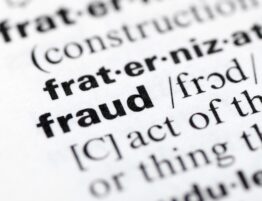

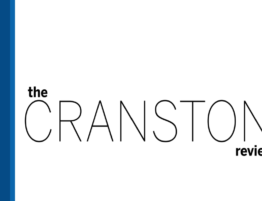
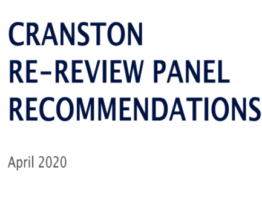

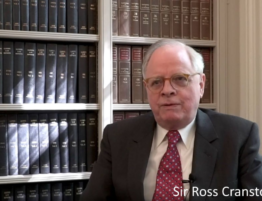
Write a comment:
You must be logged in to post a comment.